So, as I’m sure many people already know, there’s been a thing going around on TikTok about hexing the Fae (and the moon and sun, but that’s not what I want to talk about here). This started about a week ago but it has steadily gained momentum until it’s been blowing up fairly profoundly across my social media. A couple Patheos bloggers have already waded into this, including 3 Pagans and a Cat and Scarlet Magdalene, and I encourage you to check out their perspectives as well. Here are my thoughts on the situation and a deeper problem that I feel it illustrates.
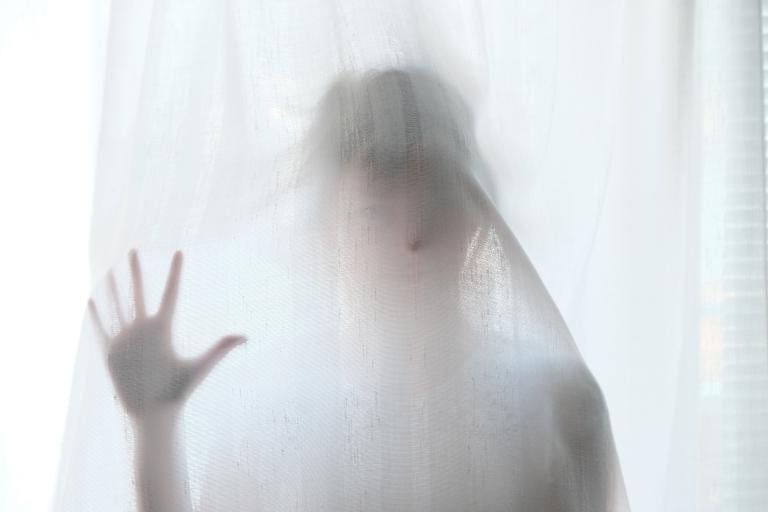
The Background
As far as I’ve been able to tell this all began with a live chat comment on TikTok where one person, Gremlin Witch, relayed the situation of another person which involved an ex-Fairy lover, the judgement that Fae were bad, and the claim that the other person’s coven was going to hex the Fae. You can find Gremlin Witch’s recapping of all of this here.
Very sensibly the majority of TikTok’s witchcraft community, aka WitchTok – including the aforementioned Gremlin Witch – responded very strongly that this was a bad idea. Opinions on why it was a bad idea varied greatly but still the consensus was, bad idea. That’s actually a good thing in my opinion as I know that there can be a lot of contention around the potential danger or lack thereof that the Fae represent on that platform. It was refreshing to see many people jumping in quickly to say that no you don’t hex the Fae or you will make them angry which is not going to end well for you.
My Response
Not surprisingly I had a lot of people bringing this situation to my attention or asking my opinion on it. So here you go: I think the idea of hexing the Good Folk is rather silly in the same way that I would think the idea of hexing the humans would be silly. It just can’t be done because the target is too massive and too varied. Now it may be that what was actually meant is hexing specific Fae folk or a small local group of Otherworldly beings in which case, as they say, ‘play dangerous games, win dangerous prizes’. If the Good Folk around you are already angry with you and causing you problems then literally the last thing you want to do is get aggressive with them because they will just amp up whatever is going on. I suppose some lessons must be learned the hard way, though, and if that scenario is the case then the consequences should illustrate the problems with that approach.
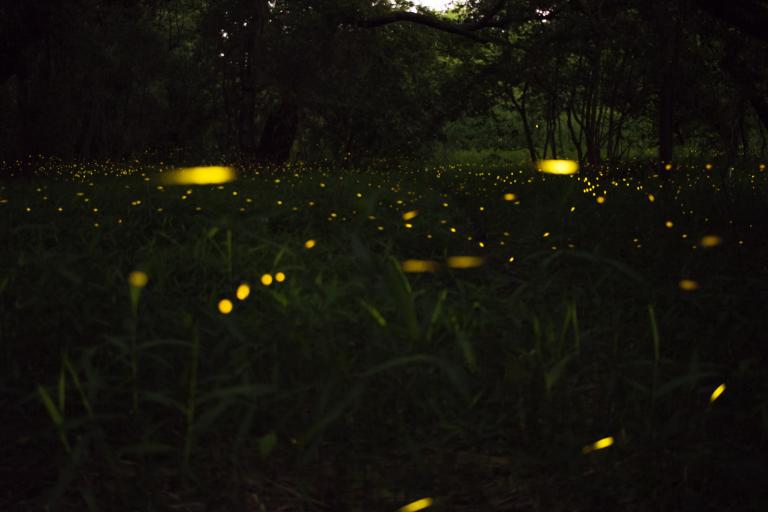
I have seen people across social media responding that we should be protective of the Fey folk or that they feel their local Shining Ones are angry or upset. I won’t pretend to even guess why specific groups of Fae might be angry or agitated right now but I am extremely dubious that it’s connected to this, if only because something like this is too inconsequential to register on any wide scale with Otherworldly beings. It would be like someone threatening to pull the flags off mailboxes in a small town in Oregon getting people upset about their unharmed, unthreatened mailboxes in Georgia. Only more so because humans have a propensity for getting upset about things that don’t affect them which the Othercrowd don’t seem to share.
The Good Folk do not need us to be angry on their behalf or to protect them magically. They just don’t. These are not helpless beings at the whim of human magic; they are powerful entities some of whom were once (and may still be) Gods. They can take care of themselves and they do, across time and into modern anecdotes. If a person truly offends them that person will know it and pay the price for it.
It may behoove us to warn the humans making these threats as to why its a bad idea to follow through, but to be clear there is no actual threat of harm to the Gentry. If humans were capable of magically harming the Good Neighbours, outside of some every particular circumstances (which also carry significant risk), then we would find the idea of using this across folklore and folk belief, and we don’t because it just doesn’t work. You can’t hex or curse beings who effectively control luck, health, and success in humans because you are hitting at their own specialties, their strengths. In point of fact what we do have is evidence that the Good Folk were called on, invoked, or angered by humans in order to hex other humans.

I also have an opinion on the very specific backstory here as well, separate from the wider concept that’s taken off like wildfire across social media. Let’s assume I believe the backstory as given: there’s a reason I advocate so strongly for people to be very cautious before jumping into any kind of intimate personal relationship with one of the Good Neighbours.
There are reams of folklore showing the many ways that can end badly for the human involved, precisely because Themselves are not human and do not follow human rules, including around concepts like consent. I can imagine easily how a person got in over their head with such a situation, backed out of it badly, and came to see the Othercrowd as evil based on those experiences. Hexing them isn’t the answer or ever a good idea – it will inevitably make a bad situation worse – but I can imagine how we got from A to C in this situation. Ideally to get out of it one would try to renegotiate and make a lot of offerings to appease whatever was upset.
The Deeper Problem Here
The reason I wanted to write about this, though, isn’t just to share my opinion on the situation, but because I think both what began this as well as many, many people’s responses illustrate a significant and deep problem across witchcraft and pagan communities. There is this embedded idea of the centrality of humans and the power humans have over everything else including spirits. Anthropocentrism, to use the official term. It throws out centuries – millennia – of folklore and folk belief that clearly place humans as part of the food chain and instead makes humans the apex of everything, the controlling force.
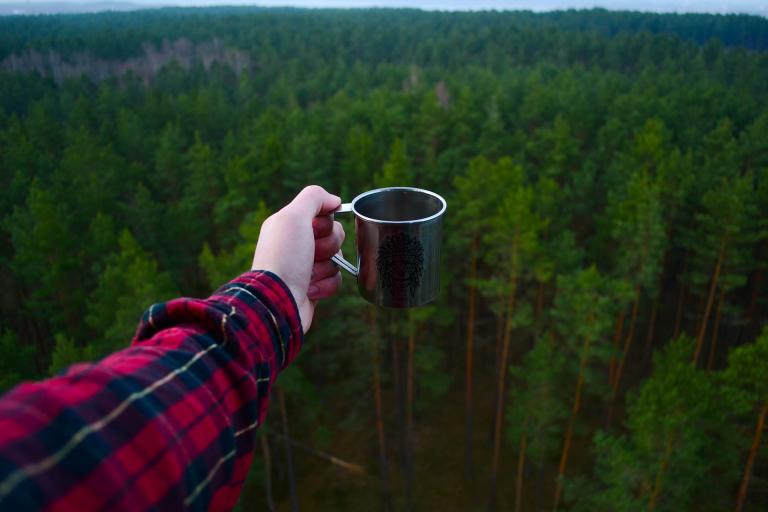
I believe this is a very dangerous lie. Just like it would be dangerous to believe that same thing and go off unarmed into the woods by yourself to camp in a truly wild place; bears and wolves and mountain lions won’t care that you believe you are so very important if you are in their territory. You may be lucky enough to avoid consequences – until you aren’t. Survival in the wild is about knowing what is and isn’t safe and knowing how to stay safe in dangerous situations, and success with any kind of spirit being is very similar. I’m not saying be afraid of everything, but know the risks and how to minimize them, know what is dangerous and what isn’t, and understand that you are not in fact at the top of the spirit hierarchy.
Humans can’t hex the Fae. And the Fae don’t need humans to protect them. This should be a non-issue, like someone throwing a rock at the moon, but the fact that it isn’t, that it gained so much traction and so many angry and protective responses shows how deeply some people believe in the centrality of humans and think that in fact a human could potentially hex one of the Gentry, that the Fae en masse would care at all about this human nonsense, or that the Good Folk can’t defend themselves without a human helping, a la Tinkerbell needing children to clap and believe in Fairies to keep her alive. And that, I think, is the real problem here.
Making humans the most important thing in creation and assuming that all of existence shares that view is never, in my opinion, going to end well. One way or another you will eventually find out that you are wrong and that there is something bigger, stronger, and meaner than you out there. Or just something more powerful. If we want to engage in a healthy and whole way with these spirits then I think we must toss anthropocentrism right out of the equation.
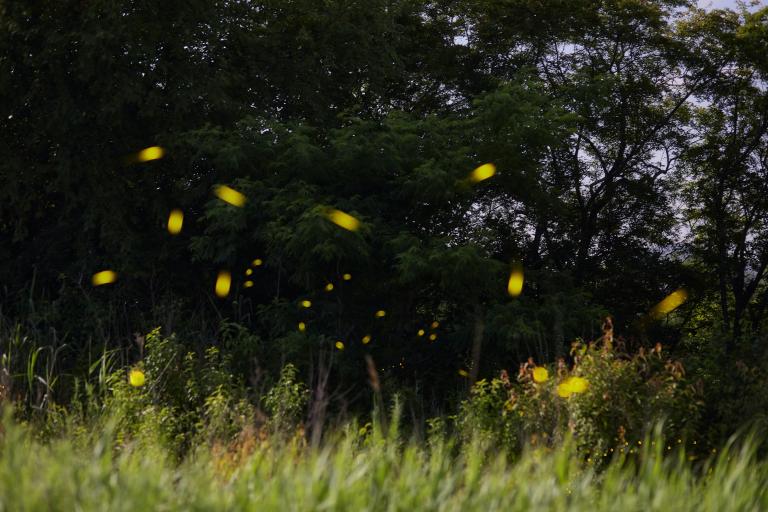
Fairy And Humans
The Fair Folk may indeed be dependent on humans in a symbiotic way; they need humans to increase their own Otherworldly numbers, to serve them, to feed them, to inspire them or entertain them. They may even need a human to play a game or fight a battle with them to bring mortality into the mix. But they don’t need humans to defend them magically.
This isn’t a cartoon where the brave Fairies are helpless without human intervention and assistance. Even into the 21st century we have stories of people messing with Fairy places who are physically injured, sickened, or die for the offense, or the place itself is warped; we should by all means protect these places ourselves but we should also know that if they are interfered with the Good Folk will mete out their own justice for it. In the sense of power and magic fairies are independent from humanity.
What we see across folklore and anecdotal accounts are beings that are connected to humanity but separate from it, who can influence a human being for good or ill, and who act within a morality different from prevailing human mores. As popular as the post-Victorian image of Fairies as small, friendly flower spirits is, that is at best a small piece of a much larger picture, and unfortunately a lot of modern fiction hasn’t helped by continuing to centre humans and make a human the pivotal character as well as making the fairies in the stories dependent on human aid. This can make for a fun story but the result when it’s carried over to pagan or witchcraft belief is a disempowering and diminishing of beings still in many places seen as potentially dangerous and very powerful in their own right.
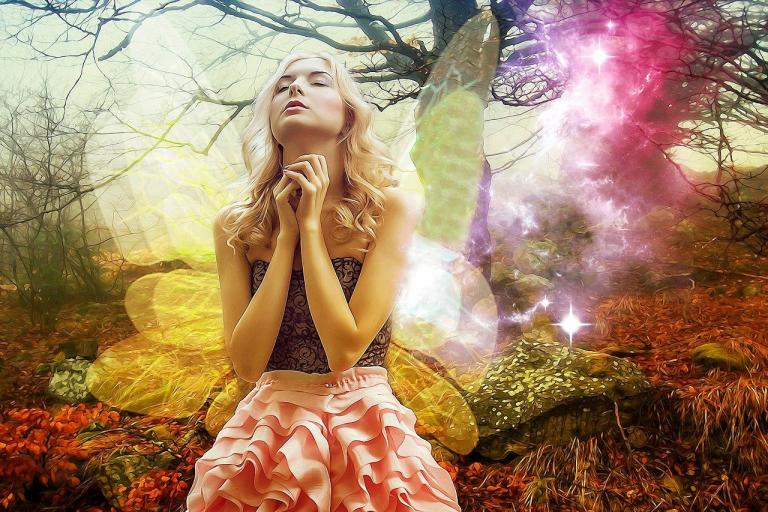
Another Problem
Not as pivotal perhaps but also important is another issue getting brought up tangentially with all of this, which is a lot – like a lot, a lot – of pretty harsh judgements about so-called baby witches. I have seen more people on non-TikTok social media jumping in to bash the people behind the Great Fae Hexing for being newbies than I can count. I’ve said before that I don’t like the way we tend to label people we feel aren’t serious enough, but I really don’t like seeing the assumption that only brand-new beginners would do something like this. I know lots of freshly minted pagans who know not to mess with the Othercrowd and I know an equal amount of doing-this-for-decades people who talk about ordering Fairies around or commanding them because they believe they are twee little things with the temperment of a docile child. Youth or inexperience don’t equal foolishness and age and experience don’t equal wisdom.
Conclusion
I’m not going to jump in and criticize the youth and/or newness to witchcraft of the people who may be behind the initial idea, and I’m not going to try to guess whether they were serious or trolling. Quite frankly I can easily imagine circumstances that could have led to the situation as it was described and then to the decision to go to hexing. That doesn’t make the decision correct, but I can see how we got there. I also always try to remember that we all began somewhere and we have all made mistakes, and I don’t mock those who are beginning their journey and acting with enthusiasm while seeking knowledge.
Ultimately the Fair Folk can and will take care of themselves, up to and including killing people who truly offend them. They don’t need humans to champion them against other human magic, any more than the Gods do or would. But on an individual basis and for those same reasons, the idea of hexing a Fairy who may have offended or hurt you is not a good one; it will inevitably make a bad situation worse. This lesson can be learned the hard way or can be avoided by learning about the Good Folk from a source that isn’t modern fiction.
I am glad that this situation came up because I hope that it shines a light on the attitudes some people have regarding the Fae folk and maybe gets people to stop and really think about what they believe the Shining Ones are and where they fit into the wider spiritual scheme of things.
Do you see them as beings with agency? With power? With personality?
Do you think they are above or below humans in a wider hierarchy of beings?
Do you think they can tangibly affect you if they choose to? To what degree?
I strongly encourage people to consider these questions and to really deeply look at your beliefs around who and what Fairies are, and why you believe that.

















